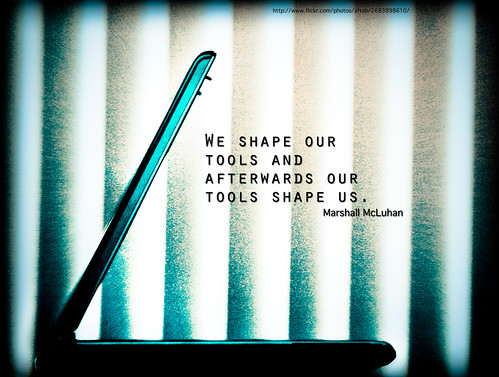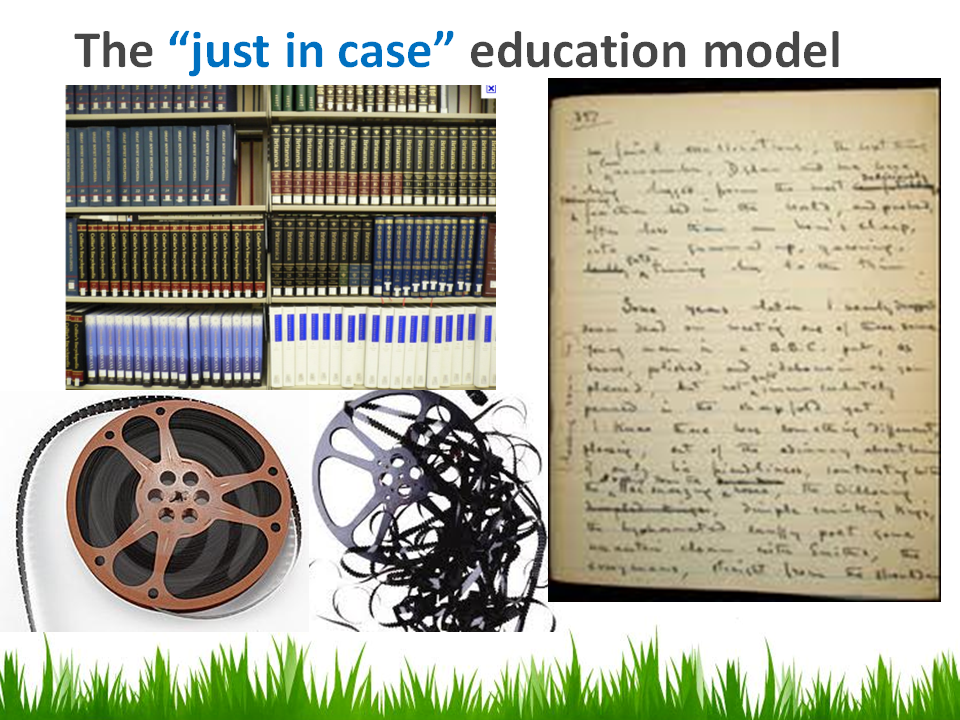Dear educator, if you were on Twitter yesterday, you might have found:
- this awesome reflection about working with a teacher on technology integration; or
- these resources about ‘learning styles’ and whether they’re a myth; or
- this list of ideas about how to rethink awards ceremonies; or
- this list of 100 free apps to check out for that new iPad you just bought; or
- this update about the thousands of new online resources that PBS will provide you starting this fall; or
- these fabulous summer reads from The Atlantic; or
- these tips for using students’ interests in online video to make ‘book trailers’; or
- this story on how student gardens change attitudes and teach nutrition; or
- these suggestions for integrating iPads into your teaching; or
- this post about self-evident assessment; or
- these resources for reworking your acceptable use policies; or
- this list of useful web sites for creating outlines; or
- these award-winning chemistry videos; or
- these instructions on how to make self-grading quizzes; or
- this video about students developing their own learning paths; or
- these great ideas for doing Webquests in your classroom; or
- these tips for effective team teaching; or
- these 10 simple cooking tips that you wish someone had told you earlier; or
- this story about how teachers are accommodating students’ mobile phones for learning; or
- these incredible photos from the space shuttle Endeavor’s final mission.
But you weren’t on Twitter yesterday, so it’s likely that you saw none of this. . . .
Read the rest @ Dangerously Irrelevant



